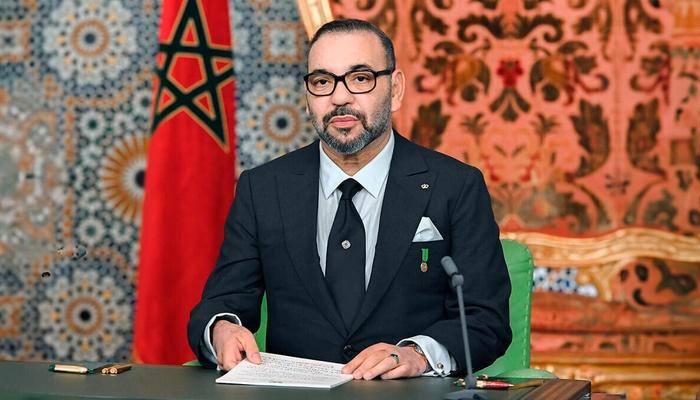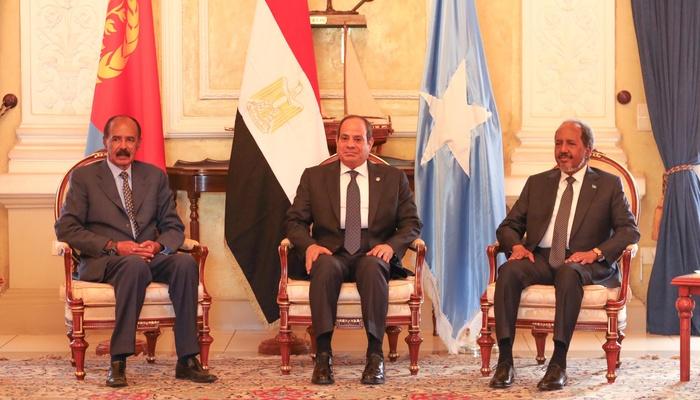The Economic Diplomacy of Xi Jinping
This past January 17, Chinese President Xi Jinping hosted the opening of the World Economic Forum (WEC) held in Davos. During this event the efforts being implemented to make China an example of political and economic stability for the international community were brought to light. With an economy of approximately eight trillion dollars in imports, six hundred billion dollars in foreign investments, and seven hundred and fifty billion dollars in foreign investments estimated for the upcoming five years, the Asian giant accounts for 30% of the global economic growth. Xi’s expressions mark the first time a Chinese president participates in the forum. The speech proved yet again how Beijing always points towards globalization and free markets for international business exchanges as key elements to achieve national growth and expand foreign influence. Xi Jinping’s position lies in the pinnacle of the economic diplomacy evolution that Beijing has been going through since the ‘80s, which began with Deng Xiaoping’s reform era and was further developed in the decade-long structured political project of Hu Jintao’s presidency. In fact, as of 2004, the Chinese government began acknowledging the need to focus its own foreign relations on incentivizing imports, attracting foreign investments (yielded possible following the improvement of the internal economic system implemented by the reforms of the ‘80s) as well as foreign exports, and its own capabilities of foreign investment abroad.









